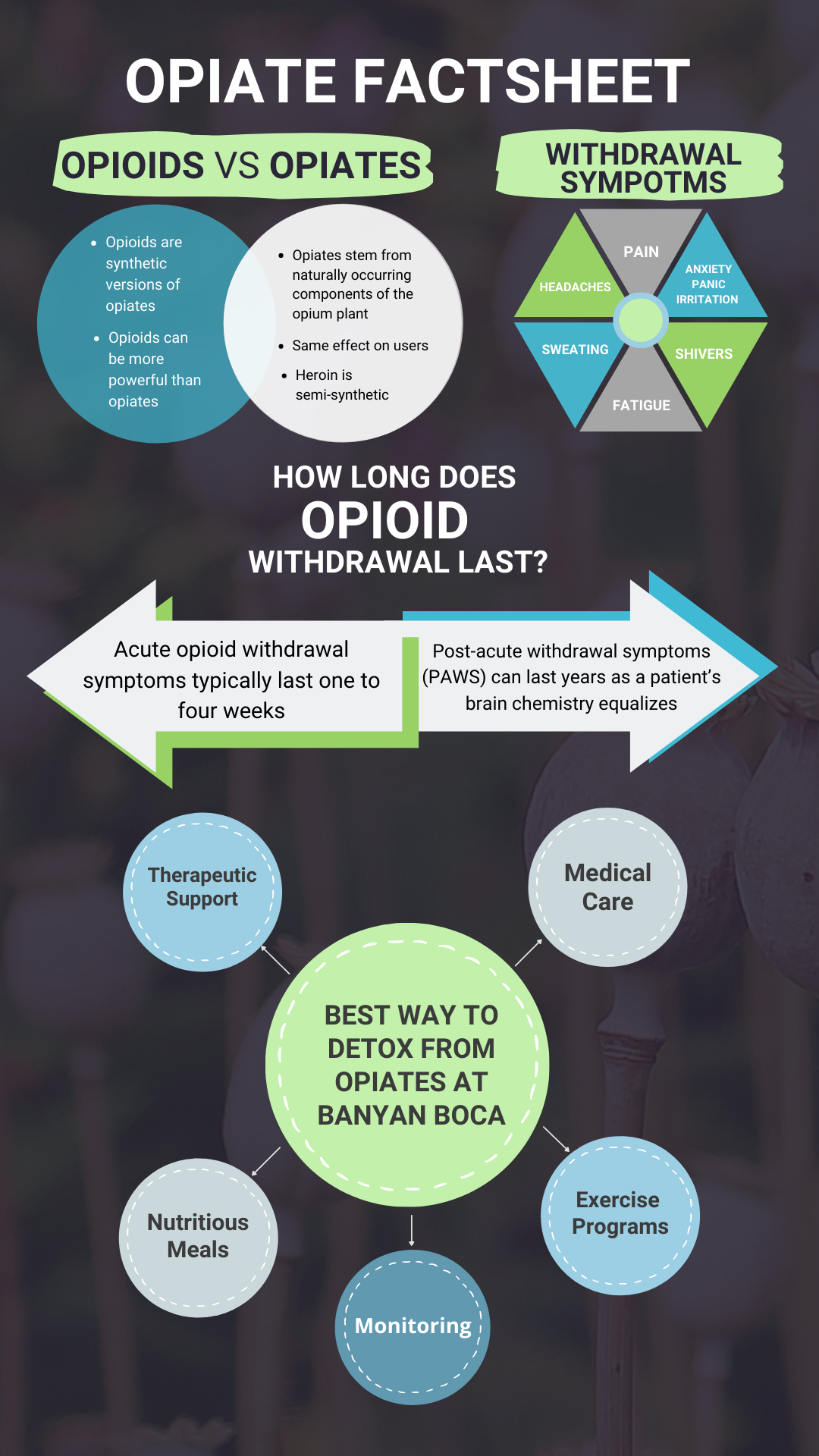Mark Halsey is a licensed therapist, founder, and chief editor of Clean Break Recovery. With over a decade of addiction treatment experience, Mark deeply understands...Read more
If you have been struggling with an opiate addiction and are looking to start the detox process, then you are in the right place. Detoxing from opiates is a difficult process, but it is possible with the right resources and support. In this article, we will discuss what to expect during the opiate detox process, the potential risks and side effects, and the best methods for a successful detox. By the end, you should have a better understanding of what it takes to detox safely and successfully from opiates.

What Should You Do When Detoxing From Opiates?
Detoxing from opiates is a difficult process that requires a lot of patience and hard work. It can take weeks, months, or even years to completely detox from opiates, depending on the severity of the addiction. The process requires medical supervision, supportive friends and family, and a strong commitment to stay clean. To ensure a successful detox, it is important to understand the process and be prepared for the challenges that may arise.
Manage the Physical Effects
The physical effects of opiate withdrawal can be intense and often include nausea, vomiting, sweating, muscle aches, and insomnia. It is important to understand the signs and symptoms of withdrawal and manage them with over-the-counter medications or natural remedies. Additionally, staying hydrated and eating a healthy diet can help to reduce the severity of the symptoms.
Find Professional Support
The best way to detox from opiates is to seek professional help from a doctor or addiction specialist. They can provide medications to help reduce the severity of withdrawal symptoms and provide counseling to help the individual cope with the emotional aspects of detox. Additionally, support groups or therapy sessions may be beneficial for those who need additional help during the process.
Develop Healthy Coping Mechanisms
It is important to develop healthy coping mechanisms to help manage the cravings and emotional pain during the detox process. Exercise, yoga, meditation, and journaling are all great ways to help cope with the withdrawal symptoms and manage stress. Additionally, spending time with friends and family and engaging in activities that bring joy can help to keep the individual focused on their recovery.
Avoid Temptation
During the detox process, it is important to avoid environments, people, and activities that may trigger the urge to use opiates. This includes limiting contact with friends who still use drugs, avoiding places that are associated with drug use, and staying away from stressful situations. Additionally, it is important to find healthy outlets such as hobbies or activities that can help to distract from the temptations.
Create a Relapse Prevention Plan
Relapse is a common occurrence during the detox process and it is important to be prepared. Creating a relapse prevention plan can help to identify triggers and develop strategies to avoid them. This includes having a list of people to call for support, having an appropriate coping mechanism for when cravings arise, and avoiding activities or places that could lead to relapse.
Few Frequently Asked Questions
What Are Opiates?
Opiates are a type of drug derived from the poppy plant. Common opiates include morphine, codeine, and heroin. Opiates work by interacting with opioid receptors in the brain, producing a feeling of euphoria and relaxation. This euphoria can be addictive, and long-term use can lead to dependence.
What Are the Physical Symptoms of Opiate Withdrawal?
The physical symptoms of opiate withdrawal can vary depending on the type of opiate being used and the individual’s level of dependence. Common physical symptoms include nausea, vomiting, diarrhea, muscle aches, restlessness, and insomnia.
What Are the Psychological Symptoms of Opiate Withdrawal?
The psychological symptoms of opiate withdrawal can vary depending on the individual and their level of dependence. Common psychological symptoms include anxiety, depression, agitation, irritability, and cravings.
What Is the Best Way to Detox From Opiates?
The best way to detox from opiates is to seek professional medical help. A medical detox offers the best chance at a successful recovery, as it provides support and medication to help manage withdrawal symptoms. Medical detox also helps individuals develop coping strategies and gain access to resources that can help them stay sober.
What Are the Benefits of Detoxing From Opiates?
Detoxing from opiates can provide a number of benefits. It can help individuals break their physical and psychological dependence on opiates, improve their physical and mental health, and reduce their risk of overdose. Detoxing can also help individuals access resources and develop strategies for a successful recovery.
What Are the Risks of Detoxing From Opiates?
Detoxing from opiates can be a difficult and potentially dangerous process. The withdrawal symptoms can be uncomfortable and even dangerous if not managed properly. It is therefore important to seek professional help when detoxing from opiates. Professional medical help can ensure that individuals are kept safe and comfortable during the detox process.
When it comes to detoxing from opiates, it is essential to have an open mind and a strong commitment to success. With the right resources and support, you can make detoxing from opiates successful. It may take time, but with perseverance and dedication you can gain control over your life and create a better future for yourself. It’s never too late to start on the path to recovery and to break free from the chains of opiate addiction.
Mark Halsey is a licensed therapist, founder, and chief editor of Clean Break Recovery. With over a decade of addiction treatment experience, Mark deeply understands the complex needs of those struggling with addiction and utilizes a comprehensive and holistic approach to address them. He is well-versed in traditional and innovative therapies, including cognitive-behavioral therapy, motivational interviewing, and mindfulness-based interventions.
More Posts